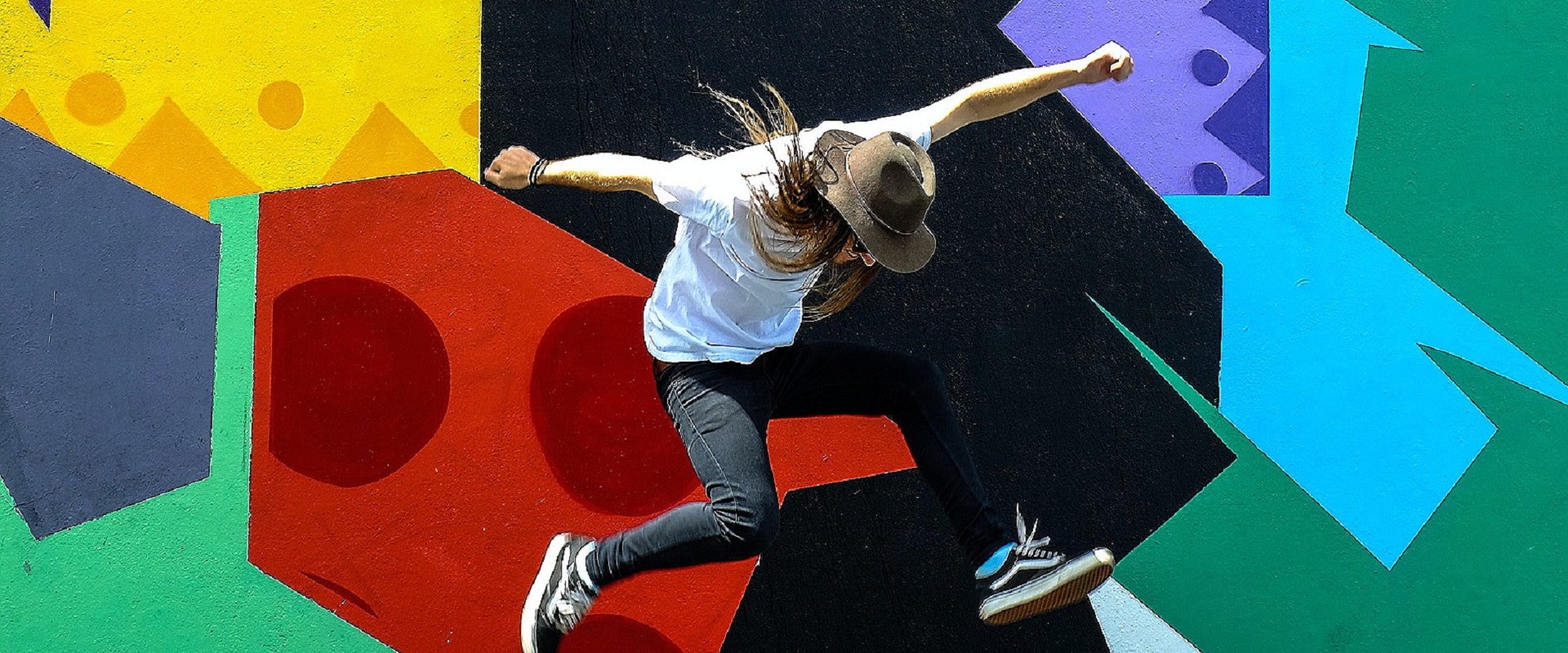Summary
When a young person comes in conflict with the law, is arrested and even deprived of their liberty, they enters a new and intimidating world, run by adults who speak a language full of legal jargon. Almost by default a system-world captures and absorbs the young person and imposes its logic, rhythm and language. Most young people feel alienated and lost, which has a negative impact on their wellbeing, contact with professionals, perception of fairness of the procedures and ability to participate. This alienation process is largely a matter of language and communication, as many justice professionals speak in a merely legal and instrumental system-world language, which is a different language compared to what the young person knows and understands.
Youth participation is one of the key values for the emancipation and realisation of children’s and adolescents’ rights as per the UN Convention on the Rights of the Child, an element later taken up in the Guidelines on child-friendly justice of the Council of Europe and EU Directive 2016/800.
The Youthlab model was born in the Netherlands where it has already been tested to train judges and prosecutors. The present project aims to adapt and use the methodology in the Italian context to improve the juvenile justice system and bring the professionals working in it closer to the children involved.






